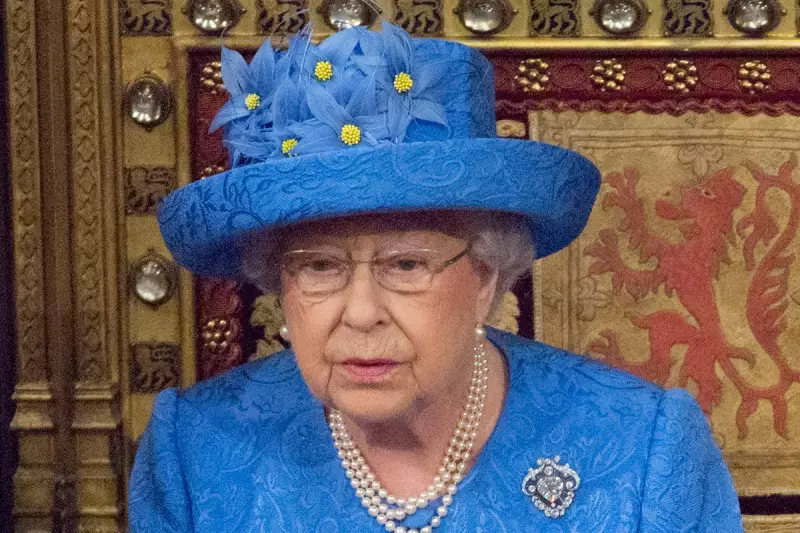
Behind the impeccably maintained facade of royal neutrality, the late Queen Elizabeth II held profound private concerns about the United Kingdom's decision to leave the European Union, according to fresh analysis of her public engagements and statements.
A meticulous examination of the Queen's remarks in the years surrounding the 2016 referendum paints a picture of a monarch deeply troubled by the potential fragmentation of the union she dedicated her life to upholding. Her carefully chosen words, often laden with symbolism, are now being interpreted as subtle signals of her apprehension.
A Reign Built on Stability
Historians and royal commentators are now re-evaluating the Queen's public addresses, particularly her 2015 speech to both Houses of Parliament. Her pointed emphasis on 'coming together for the common good' and 'seeking the wider interest' is now seen by many as a veiled plea for unity ahead of the divisive vote.
This interpretation is further bolstered by her unprecedented decision, just weeks before the referendum, to include pro-European remarks in her official birthday speech—a significant departure from her normally apolitical stance.
The Subtle Art of Diplomatic Disapproval
While the Sovereign is constitutionally bound to remain publicly impartial on political matters, the Queen's actions spoke volumes. Her continued emphasis on themes of unity, collaboration, and commonwealth in the wake of the Brexit vote is now viewed as a form of quiet, diplomatic dissent.
This nuanced form of communication was a hallmark of her reign. Without ever explicitly stating a position, she could guide and influence through implication—a skill honed over seven decades on the throne.
A Legacy of Quiet Concern
The revelation of the Queen's private Brexit dismay adds a complex new layer to her legacy. It underscores the immense personal discipline required to subjugate one's own views for the perceived stability of the nation and the monarchy itself.
Her experience highlights the immense personal sacrifice demanded by the crown—a lifetime of putting duty before personal opinion, even on matters of profound national consequence.





